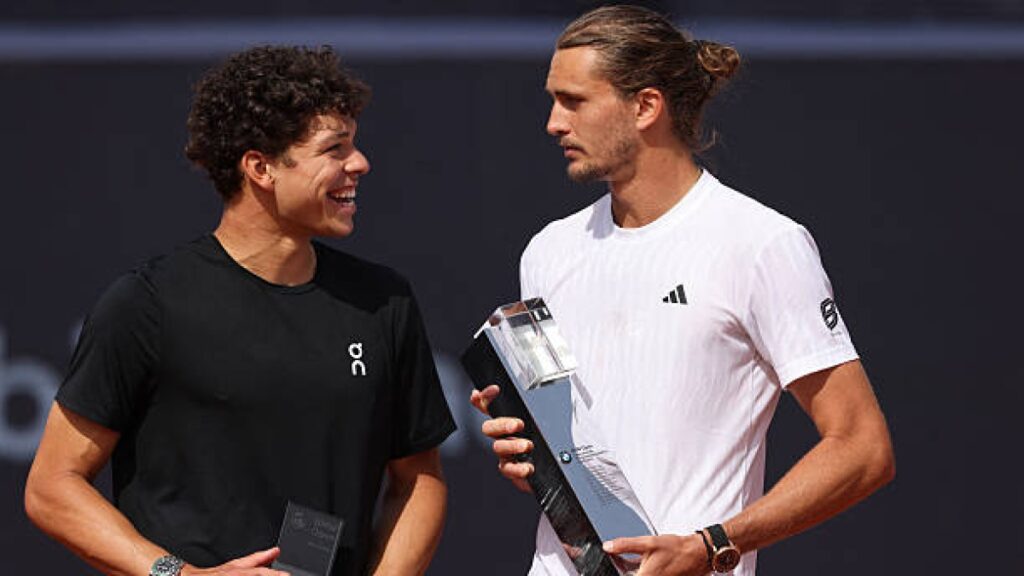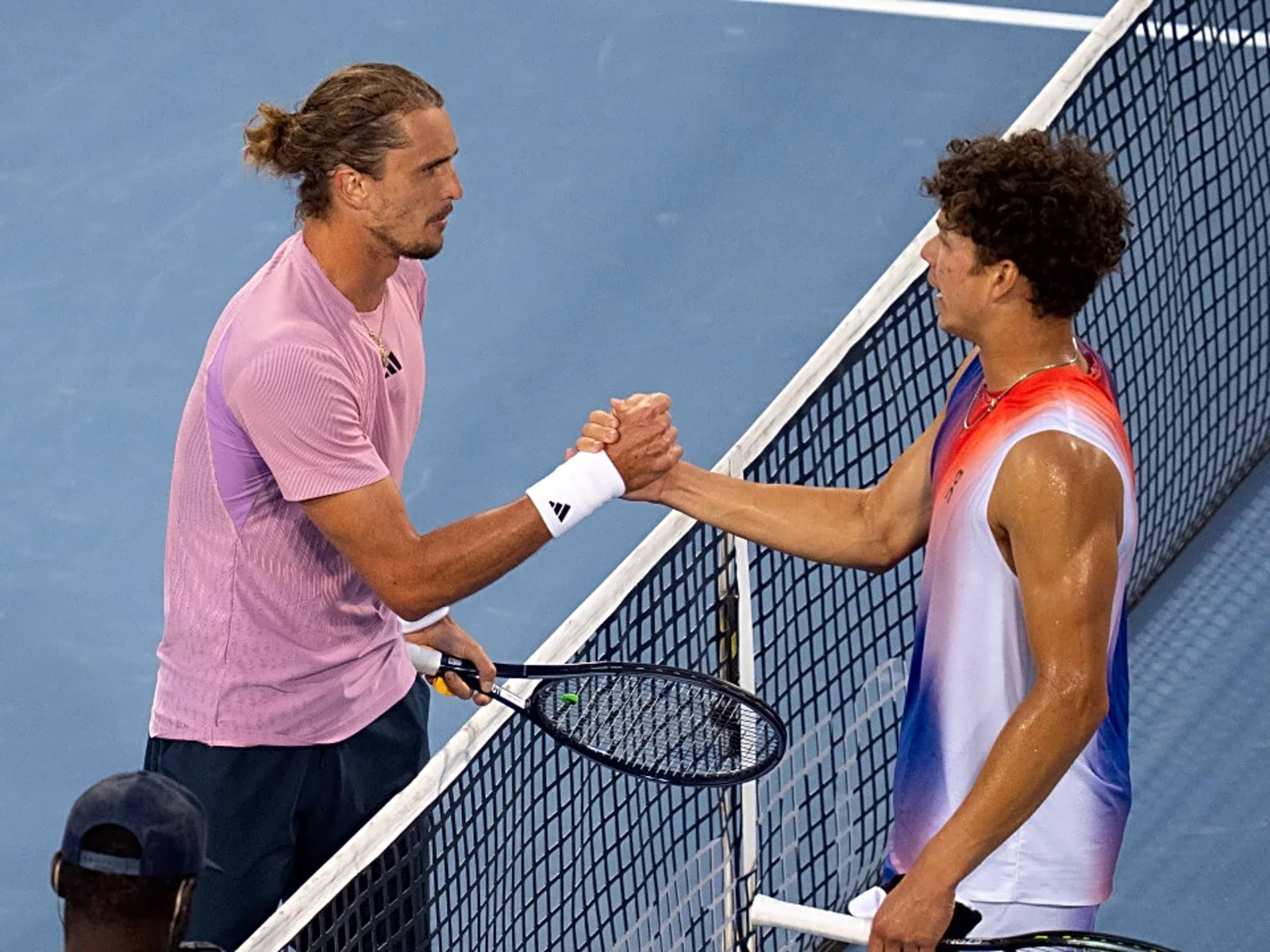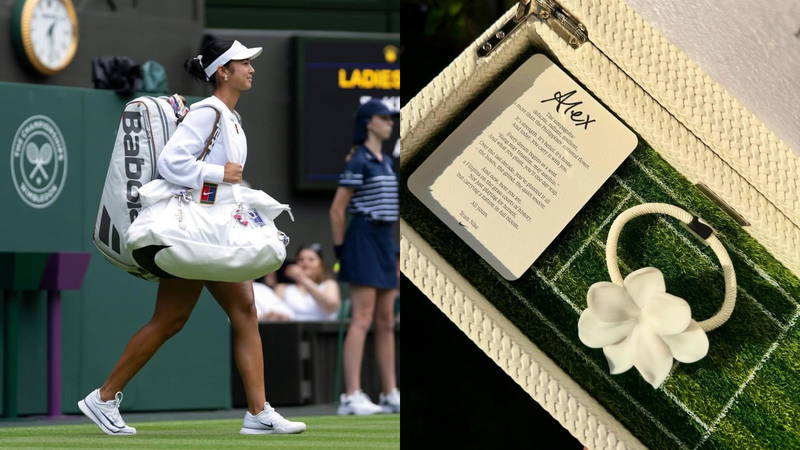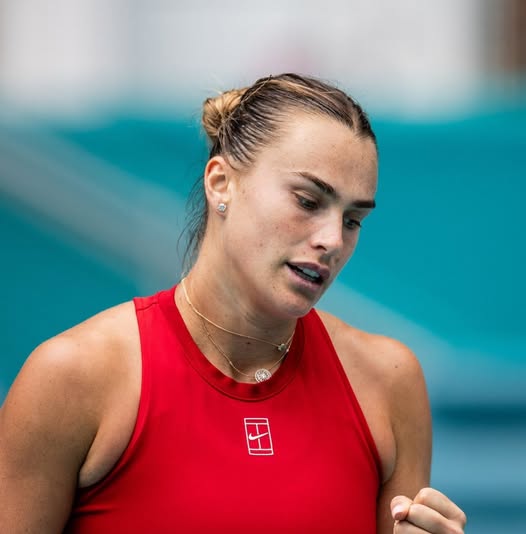In a stunning revelation that’s shaking up the tennis world, a U.S. judge has found credible evidence suggesting that the Association of Tennis Professionals (ATP) coerced rising stars Alexander Zverev and Ben Shelton in connection to a lawsuit filed by the Professional Tennis Players Association (PTPA). The verdict has sparked conversations across locker rooms, legal circles, and fan forums alike—suggesting a darker undercurrent in what is often portrayed as a gentleman’s sport.
But what really happened behind the scenes? And how far was the ATP willing to go to protect its grip on tennis governance?
Let’s break down everything—from the timeline and legal details to player reactions and what this means for the future of professional tennis.
📜 Background: What Is the PTPA, and Why Did They Sue?
Before diving into the alleged coercion, it’s crucial to understand the power dynamics at play.
The Professional Tennis Players Association (PTPA) was co-founded in 2020 by Novak Djokovic and Vasek Pospisil, aiming to give players a stronger voice in matters of governance, earnings, and scheduling. Unlike the ATP, which represents both players and tournament interests, the PTPA focuses solely on player rights—something critics argue is long overdue.
In 2024, the PTPA filed a lawsuit against the ATP, alleging anti-competitive behavior, including “monopolistic practices” and systemic efforts to undermine the PTPA’s influence.
According to legal filings, the ATP allegedly pressured players to avoid aligning themselves with the PTPA, using tactics ranging from tournament seeding threats to subtle contract manipulations.

⚖️ The Bombshell: Judge Says ATP Coerced Zverev and Shelton
The most explosive part of this ongoing legal drama came when a judge ruled that the ATP likely coerced Zverev and Shelton, two of the sport’s fastest-rising talents, into taking positions—or remaining silent—that aligned with ATP leadership.
While the court did not issue a final judgment on damages or fault, the preliminary ruling confirmed enough evidence to proceed to full trial and admonished the ATP for what it called “improper influence over independent players’ professional choices.”
🧾 Key Findings From the Preliminary Ruling:
- Zverev was allegedly warned that vocal support for the PTPA could affect his tournament scheduling and ranking protection.
- Ben Shelton was reportedly advised that “neutrality” would be his safest stance if he wished to continue enjoying ATP-endorsed privileges like wildcard entries and promotional support.
- Internal ATP emails, revealed in court, show discussions that hint at a “containment strategy” aimed at muting PTPA advocacy among high-profile young players.
🎤 Player Reactions: Silence, Shock, and Subtle Messages
So far, both Zverev and Shelton have declined to issue direct statements on the ruling. However, social media watchers noted that Shelton recently liked several tweets from PTPA leadership, including one from Djokovic stating, “Players deserve to decide their own future without fear.”
Zverev, more known for his cautious PR tone, posted a cryptic Instagram story shortly after the news broke: “Truth has a way of showing up, no matter how late.”
Their silence speaks volumes—and it may be an effort to avoid further entanglement while the legal process unfolds.
💥 What This Means for the ATP
This case, especially if it goes to trial, could dramatically shift the balance of power in men’s professional tennis.
Potential Fallout Includes:
- Legal damages and public accountability for the ATP.
- Strengthened legitimacy for the PTPA, which has struggled to gain widespread participation despite backing from Djokovic.
- A player revolt, or at least broader support for independent representation, particularly among Gen Z stars like Shelton and Holger Rune.
It’s also worth considering how sponsors will react. Brands tend to avoid controversy, and coercion scandals don’t exactly look great on press releases or promotional campaigns.
🧠 Expert Opinions: What Analysts and Legal Scholars Are Saying
Tennis lawyer and sports arbitration expert Dina Morales said the judge’s ruling “opens the door for a massive realignment in tennis governance.” She added:
“If these coercion claims are proven in full court, we could see a rewriting of the ATP’s role—or the rise of a rival player-led governing body. This is bigger than just two players.”
Former pro and ESPN analyst Patrick McEnroe weighed in too, saying:
“The ATP can’t afford to alienate the next generation. If guys like Shelton and Zverev feel backed into a corner, it will backfire. Players now have a voice—and it’s loud.”
👀 Social Media Buzz: “Justice for Players” Trending
In the hours following the court document leak, tennis Twitter erupted with hashtags like #JusticeForPlayers, #LetThemSpeak, and #PTPAvATP trending globally.
Notable reactions:
- Martina Navratilova tweeted, “If this is true, heads need to roll. Tennis isn’t a dictatorship.”
- A fan account posted side-by-side screenshots of Zverev’s and Shelton’s muted post-match interviews from earlier this year with the caption: “They’ve been trying to tell us without telling us.”
TikTok creators and YouTubers are already breaking down the ruling in viral clips, with some pushing for Netflix’s Break Point to cover the legal battle in its next season.
🧩 How Did It Come to This? A Look Behind the Curtain
Tennis has long walked a tightrope between tradition and innovation. While the ATP has provided structure and global visibility, many believe it has failed to evolve in ways that prioritize player health, scheduling equity, and revenue distribution.
The rise of the PTPA—and the ATP’s apparent panic—is the latest battle in a war over who really owns the game.
And this isn’t the first time questionable power moves have been exposed. In past years, players have quietly voiced concerns about favoritism, tournament leverage, and opaque decision-making, but nothing has hit the courtroom quite like this.
🔮 What’s Next?
The ATP will likely file a response challenging the ruling and denying wrongdoing. But the fact that the judge allowed the case to proceed speaks volumes.
Key next steps:
- Full trial scheduled for later in the year unless a settlement is reached.
- Potential witness testimonies from Zverev, Shelton, and possibly other ATP players.
- PTPA gaining steam: Expect more public appearances, rallies, and direct statements from Djokovic and Pospisil.

🧲 Final Thoughts: Why This Matters to Every Tennis Fan
The ATP-PTPA legal showdown is not just a boardroom drama. It strikes at the heart of what tennis will look like in the next decade.
Will it be player-led, transparent, and fair? Or will the current system—with all its alleged flaws—tighten its grip even further?
Whatever the outcome, one thing’s clear: the voices of players like Zverev and Shelton are no longer easy to ignore.
And as fans, we should care—because what happens behind the scenes inevitably shapes what we see on the court.


